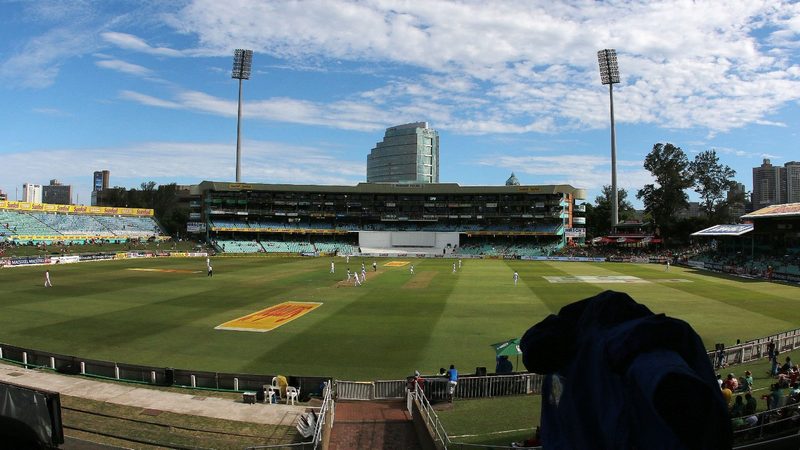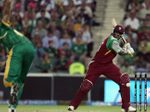
Back in the day, when cricket was confined to just red-ball cricket and only four international teams, timeless Tests were a norm. At the end of the 19th century and towards the beginning of the 20th century, Test cricket was played with no time limitation, which meant that every game was played until a result was achieved.
Timeless games were played with an objective to eliminate the possibility of a draw and it also helped negate the effects of rain and bad light. The first timeless Test was played between Australia and England in 1876-77 and the last timeless Test was played between South Africa and England at Durban in 1939. Between 1876-1939, 99 timeless Tests were played.
Interestingly, the International Cricket Council (ICC) even contemplated implementing a timeless match for the recently concluded World Test Championship. Later, the idea was dropped keeping the cramped cricketing calendar and the Covid-19 pandemic in mind.
While Australia and England played in most of the timeless Tests, West Indies and South Africa are the only other teams to have also played in these antiquated matches. The first 57 timeless matches were played in Australia. England only played host for the first time in 1912 during a triangular tournament involving England, Australia and South Africa.
Last timeless Test: South Africa vs England (1939)
In 1939, South Africa and England played the longest Test match in the history of the game. This game also went into the Guinness book of world record. The timeless game was played at Durban and it was also the last Test match of the series.
Before the series, both teams had a mutual agreement which stated that the final match would be a timeless one, if the series was level or if any team went up 1-0. England went into the final Test 1-0 up in the series having won the third Test of the series.
The match started on March 3 and only finished on March 14. Cricket was played on nine days out of the scheduled 12. March 5 and 12 were the rest days and there was no play possible on March 11 as the weather played spoilsport.
South Africa set a target of 696 for England to chase. On the final day, England were 654/5 and well on course to chase down the total. However, the tourists were forced to leave the game in between, as they had to rush back to the nearby railway station to catch their train to Cape Town to play the final match of the tour against Western Province, before boarding a ship back home to England. Therefore, the match ended in a draw.
The match went on for 43 hours and 16 minutes. As many as 1,981 runs were scored and 5,447 deliveries were bowled. During a farewell speech, England legend Wally Hammond expressed his unhappiness on how timeless Tests were not doing the game any favours.
Featured photo: AFP / ANESH DEBIKY







